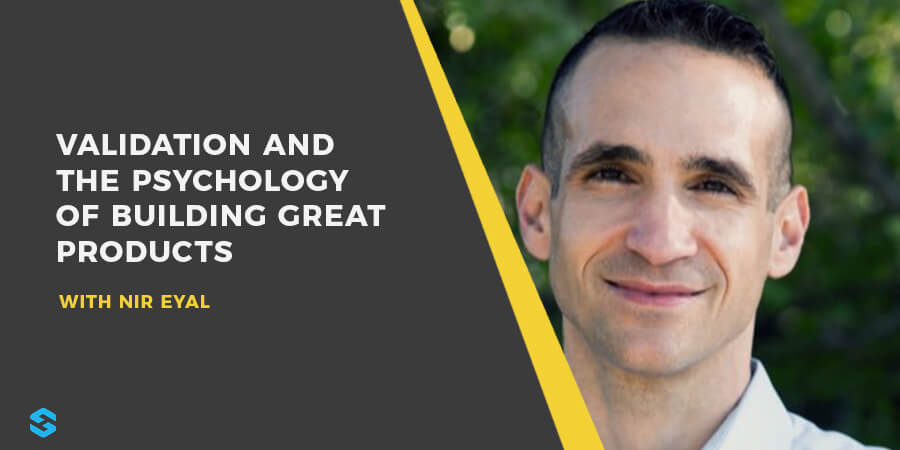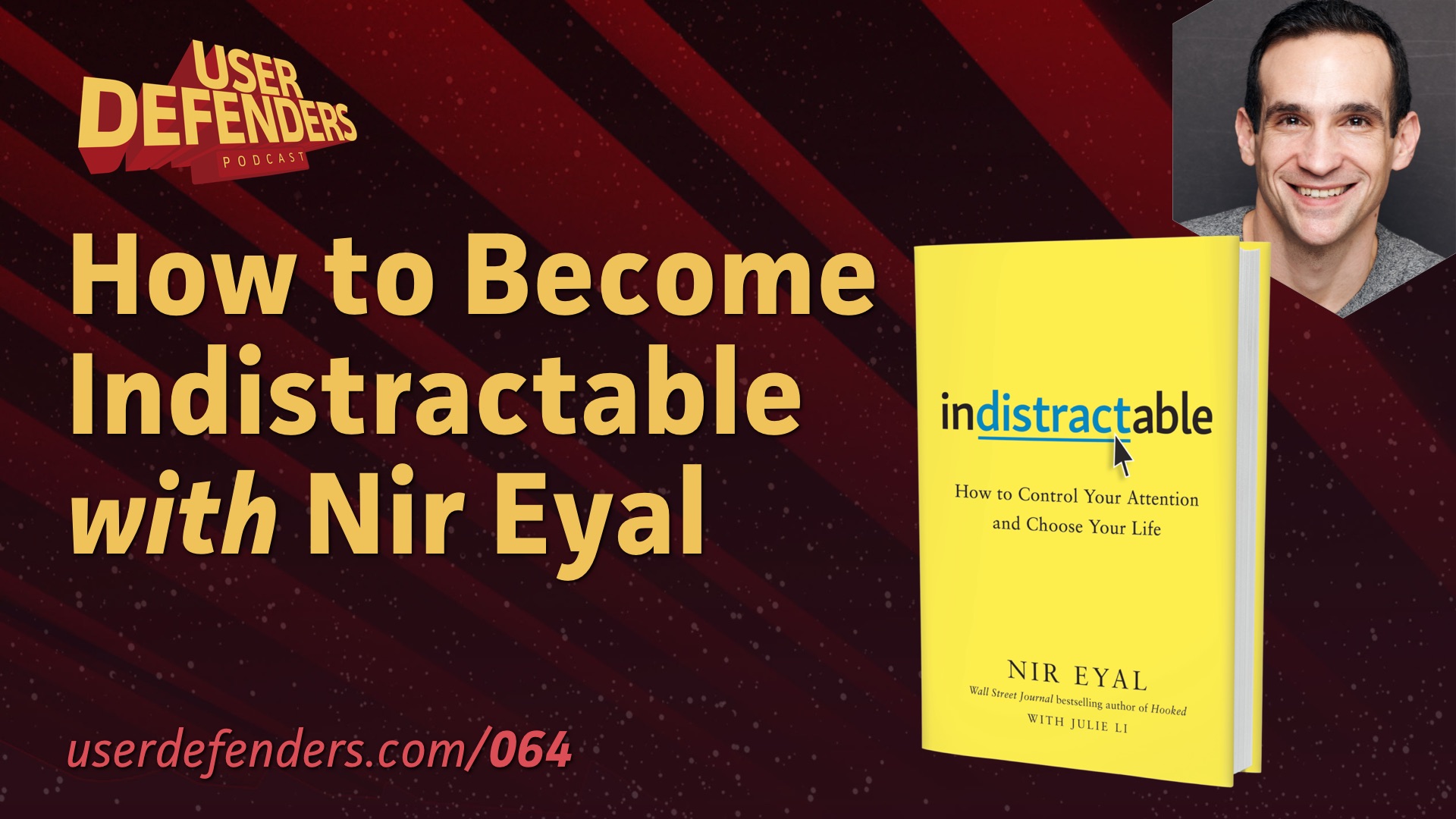


Now that we’re all addicted to our devices, he is bringing out a book that will help us get unhooked.Įyal gets a little defensive when I offer up this analysis. The developer’s goal is that people are triggered to use the product “with little conscious thought”. The “hook model” he developed advocates building a “mind monopoly” by associating a product with internal emotional triggers, such as loneliness or a fear of missing out. Eyal has spent the years since helping companies – from small workout apps such as Fitbod, to Microsoft and PayPal – manipulate user behaviour. His first book, Hooked: How To Build Habit Forming Products (2013), became a must-read in advertising and tech circles.

Until recently, Eyal was what MIT Technology Review called “Silicon Valley’s most visible advocate of habit-forming technology”. And I shouldn’t worry about being late: “Maybe you can use it in your article, as your introduction.” Obviously, I will have time to think of a better introduction, but I thank him anyway. He dropped his daughter off at science camp this morning, he explains, which is why he picked this spot he hopes it wasn’t inconvenient. Or, at the very least, be on time for appointments.ĭressed in Tech Dad chic – a crisp button-down shirt and jeans – Eyal already has coffee and looks busy when I burst in. The hope is that he will teach me, a chronic procrastinator, how to stop wasting my life scrolling through my phone, and finally write that novel. Being late is never ideal, but it’s particularly embarrassing because I’m meeting Eyal to discuss his new book, Indistractable: How To Control Your Attention And Choose Your Life, a guide to staying focused in an age of constant distraction. I am 10 minutes late for my interview with behavioural scientist Nir Eyal, and run into the Manhattan cafe where we’re meeting, a dishevelled and apologetic mess.


 0 kommentar(er)
0 kommentar(er)
